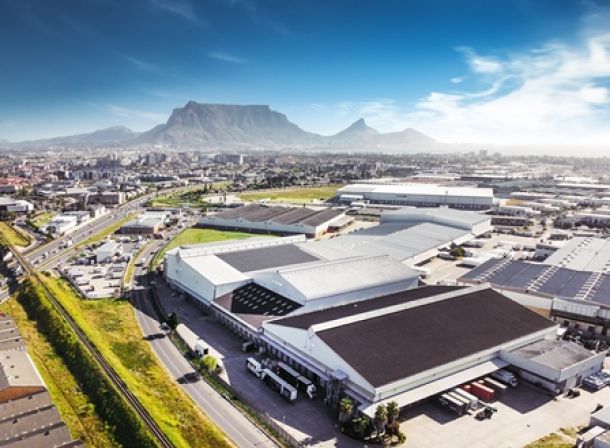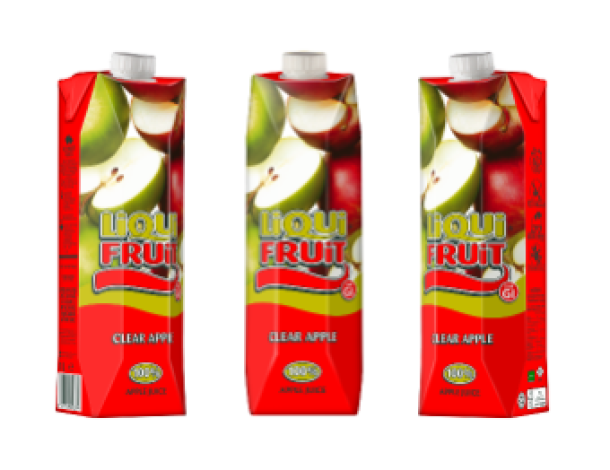Road is still king of freight
Freight movers in SA still prefer road transport to rail to transport goods locally, hindering Transnet’s efforts to get rail-friendly cargo off the roads.
According to the Road Freight Association (RFA), its volumes have grown more than 20% in the past decade and about 88% of all freight is transported by road. RFA said this was a significant increase from 76% of freight transported by trucks 20 years ago.
However, the owner and operator of the country’s rail freight network, Transnet, said in its annual report that it had at least 24% of the market share in 2012-13 and planned to increase this to 35% by 2018-19.
According to Transnet, rail transport is 75% cheaper than road transport. However, of the 590-million tonnes of rail-friendly cargo transported at present, only 210-million tonnes — significantly less than half — was carried by rail, Transnet said last August.
Transnet runs 46 bidirectional trains a day nationally, from 23 trains a day in 2008-09.
The state-owned company claims it has been removing 525,000 trucks from the road each year as part of its market demand strategy.
Containers transported by rail increased to more than 1-million from 525,000 in 2008-09, it said.
RFA CEO Gavin Kelly said the lack of new rail infrastructure in new developments, cannibalised rail infrastructure and delays from the rail transport system were some of the reasons for the growth of road transport. "There is cargo that we believe should be transported by rail but is not, like timber, sugar and mealies.
"Rail is cheaper but they are not being transported that way because the customer is not being serviced," said Mr Kelly.
"And rail has far (fewer) accidents, no labour issues to deal with and some goods should be on rail but we’ve missed that."
Transnet Freight Rail spokesman Mike Asefovitz said on Monday that the company was working with business and industry "for value-chain development and growth in order to create competitive supply chains through alliances and close collaborations with customers, the private sector and government".
The benefits of shifting freight from road to rail would have other transport-related spin-offs such as reduced road congestion and accidents, and less maintenance on road surfaces. Costs, particularly for movers of bulk commodities, would also drop.
Rail transport is regarded as three to four times more efficient than road.
The head of the department of transport and supply chain management at the University of Johannesburg, Jackie Walters, said road freight was growing compared with rail transport all over the world and the problem was not unique to SA.
Prof Walters said road transport was "more reliable" than rail transport in SA. "People are prepared to pay more for better service."
Transport economist Andrew Marsay said the lower oil price would make it difficult for Transnet to win freight from road to rail as road had become "more profitable". Fuel was about 40% of the cost of running a truck, he said. "The falling oil price means road is more profitable (than rail). Making it difficult for Transnet to compete," said Mr Marsay.
He said it would be difficult for Transnet to incentivise the move from road to rail by lowering its rail fees. This was because Transnet did not "fully cover its investment costs in general".
However, Prof Jan Havenga of Stellenbosch University’s Centre for Supply Chain Management said for certain cargo categories, the price difference for transport by rail was much cheaper than by road. The fall in the oil price would cause only a small price difference. "These are bulk minerals and long-haul freight like manufactured foodstuffs," he said.
Related Articles

Clicks expands service delivery with the openin...

SPAR drives logistics innovation across distrib...

Futureproofing the supply chain in Sub-Saharan ...

Pioneer foods announces recall of certain 100% ...


